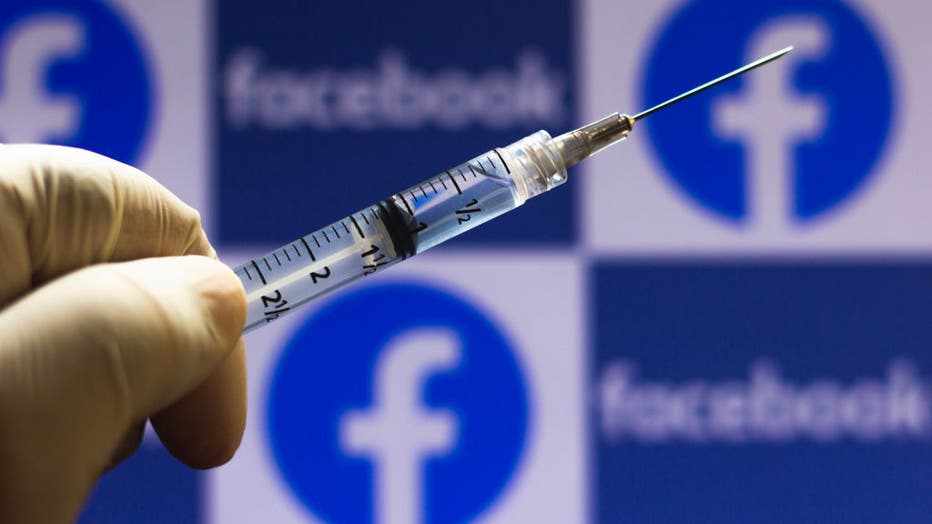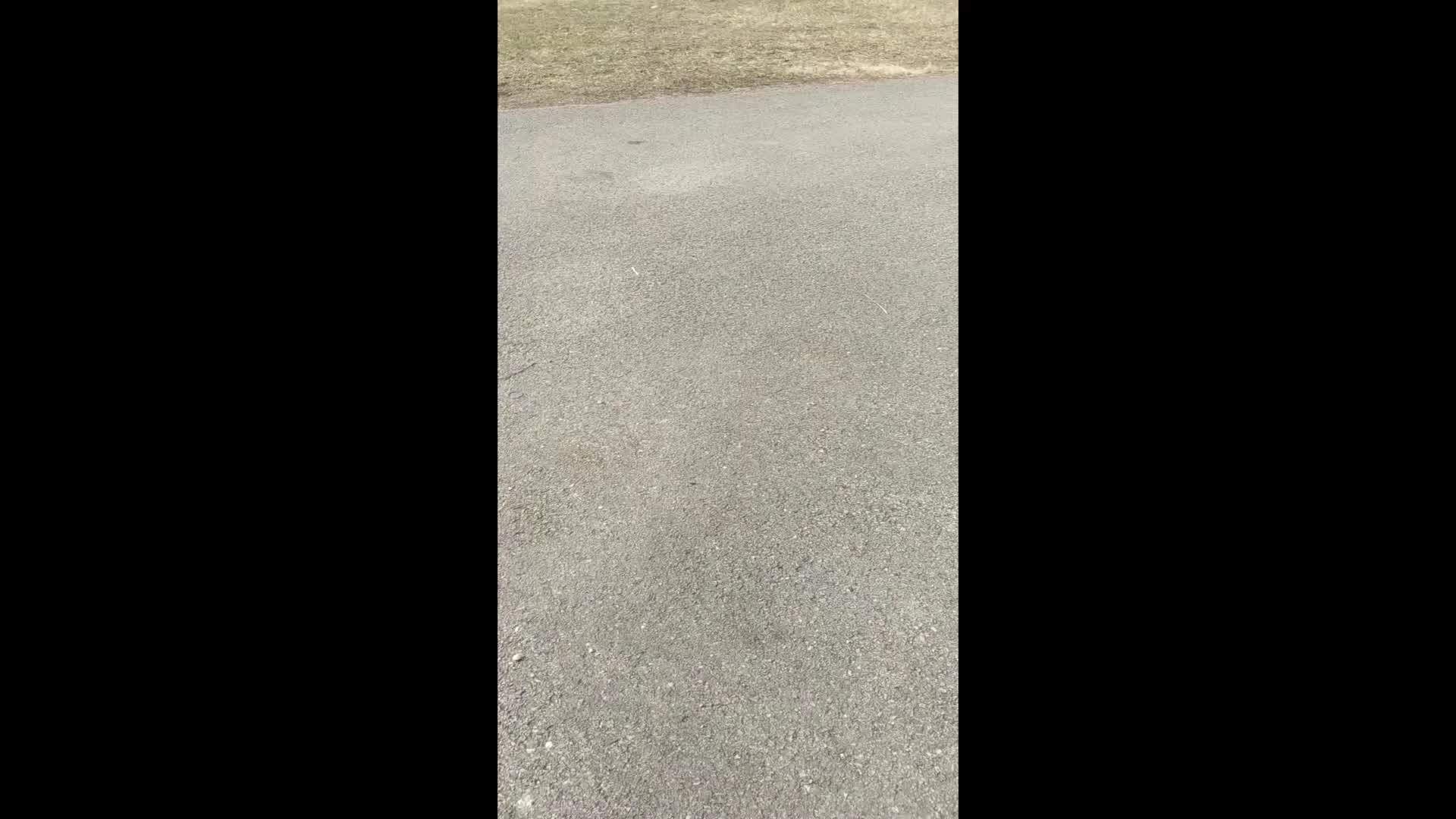Facebook to label COVID-19 vaccine posts to combat misinformation, help people find where to get the shot
MENLO PARK, Calif. - Facebook said Monday it will add labels to all posts about COVID-19 vaccines to combat misinformation on its platform, as well as help users get vaccinated by connecting them to information about where and when they can get their shot.
In a blog post, CEO Mark Zuckerberg said labels on both Facebook and Instagram will contain "credible information" about the vaccines from the World Health Organization. The labels will roll out globally in English, Spanish, Indonesian, Portuguese, Arabic and French, with additional languages in the coming weeks.
"For example, we’re adding a label on posts that discuss the safety of COVID-19 vaccines that notes COVID-19 vaccines go through tests for safety and effectiveness before they’re approved," Zuckerberg said.
The social media giant is also adding a tool in the U.S. to help people find where and when they can get the vaccine in a partnership with Boston Children’s, the post said.
Locations are provided by VaccineFinder and include hours of operation, contact information and links to make an appointment. As vaccines become more widely available globally, Facebook said it will expand this feature to other countries.

FILE - A file image shows a medical syringe with the Facebook logo displayed on a screen in the background. (Photo Illustration by Rafael Henrique/SOPA Images/LightRocket via Getty Images)
In December, the platform said it would remove any Facebook or Instagram posts with false information about the vaccines that have been debunked by public health experts.
But both Facebook and Instagram have been criticized for allowing anti-vaccination propaganda to spread and for being woefully slow in weeding out the misinformation, often with fact-checks, labels and other restrained measures.
Last week, the Associated Press identified more than a dozen Facebook pages and Instagram accounts, collectively boasting millions of followers, that have made false claims about the COVID-19 vaccine or discouraged people from taking it. Some of these pages have existed for years.
In response, Facebook said it was taking taking "aggressive steps to fight misinformation across our apps by removing millions of pieces of COVID-19 and vaccine content on Facebook and Instagram during the pandemic."
"Research shows one of the best ways to promote vaccine acceptance is by showing people accurate, trusted information, which is why we’ve connected 2 billion people to resources from health authorities and launched a global information campaign," the company said in a statement to the Associated Press last week.
RELATED: Anti-COVID-19 vaccine accounts thrive on social media, despite platform rules
Twitter also announced this month that it will remove dangerous falsehoods about vaccines, much the same way it’s done for other COVID-related conspiracy theories and misinformation. But since April 2020, it has removed a grand total of 8,400 tweets spreading COVID-related misinformation — a tiny fraction of the avalanche of pandemic-related falsehoods tweeted out daily by popular users with millions of followers, critics say.
"While they fail to take action, lives are being lost," said Imran Ahmed, CEO of the Center for Countering Digital Hate, a watchdog group. In December, the nonprofit found that 59 million accounts across social platforms follow peddlers of anti-vax propaganda — many of whom are immensely popular superspreaders of misinformation.
Twitter said it is continuously reviewing its rules in the context of COVID-19 and changes them based on guidance from experts. Earlier this month, it added a strikes policy that threatens repeat spreaders of coronavirus and vaccine misinformation with bans.
As U.S. vaccine supplies continue to increase, immunization efforts will soon shift from targeting a limited supply to the most vulnerable populations to getting as many shots into as many arms as possible. That means tackling the third of the country’s population who say they will not or probably won’t get it, as measured by a February AP-NORC poll.
"Vaccine hesitancy and misinformation could be a big barrier to getting enough of the population vaccinated to end the crisis," said Lisa Fazio, a professor of psychology at Vanderbilt University.
Some health officials and academics generally believe that the social-platform efforts are helpful, at least on the margins. What’s not clear is how big of a dent they can put in the problem.
"If someone truly believes that the COVID vaccine is harmful and they feel a responsibility to share that with friends and family ... they will find a way," Guidry said.
Medical experts point to a real-world study showing a strong correlation between vaccination and decreases in severe COVID-19 disease in Israel. The nation’s health ministry said in a Thursday statement that the COVID-19 vaccine has "profoundly" reduced the rate of deaths and hospitalizations.
RELATED: Pfizer COVID-19 vaccine blocks 97% of symptomatic cases, 94% of asymptomatic cases in Israeli study
This story was reported from Cincinnati. The Associated Press contributed.



